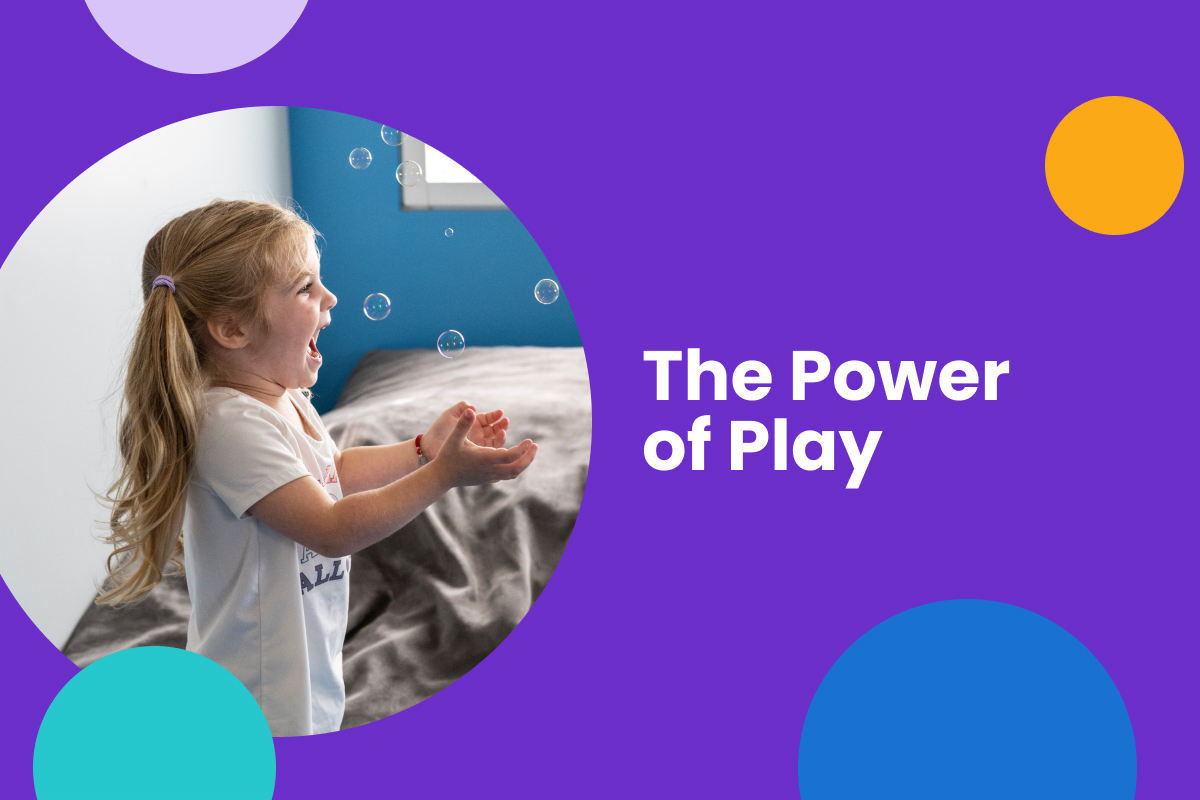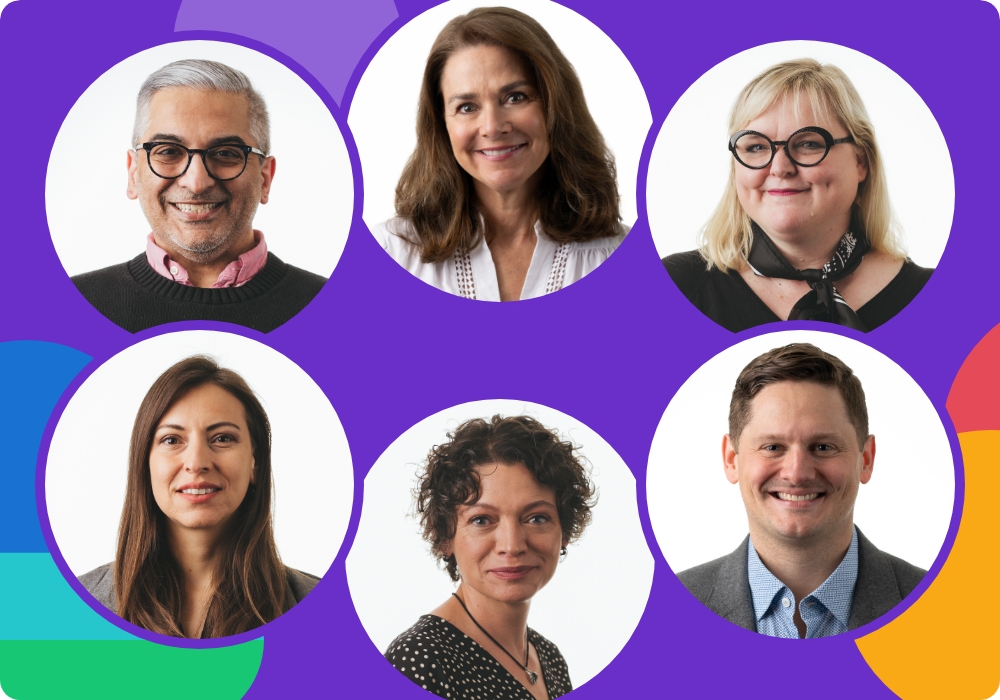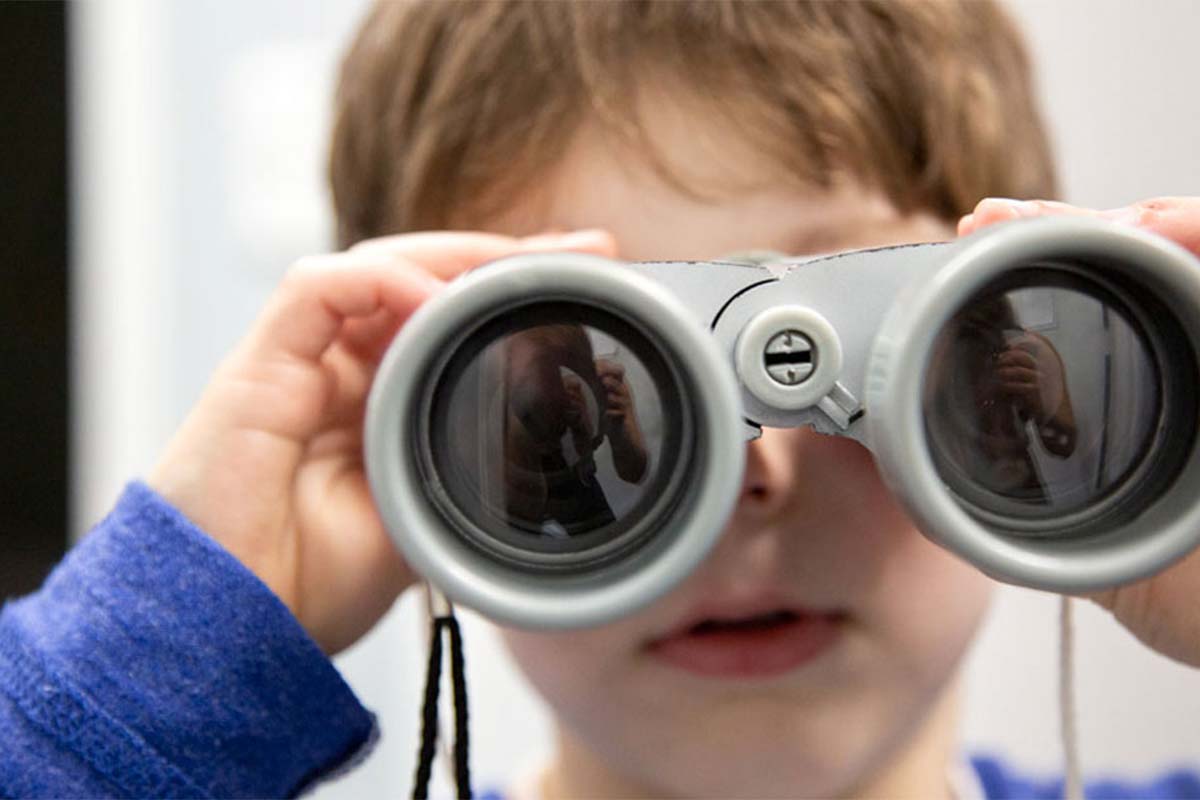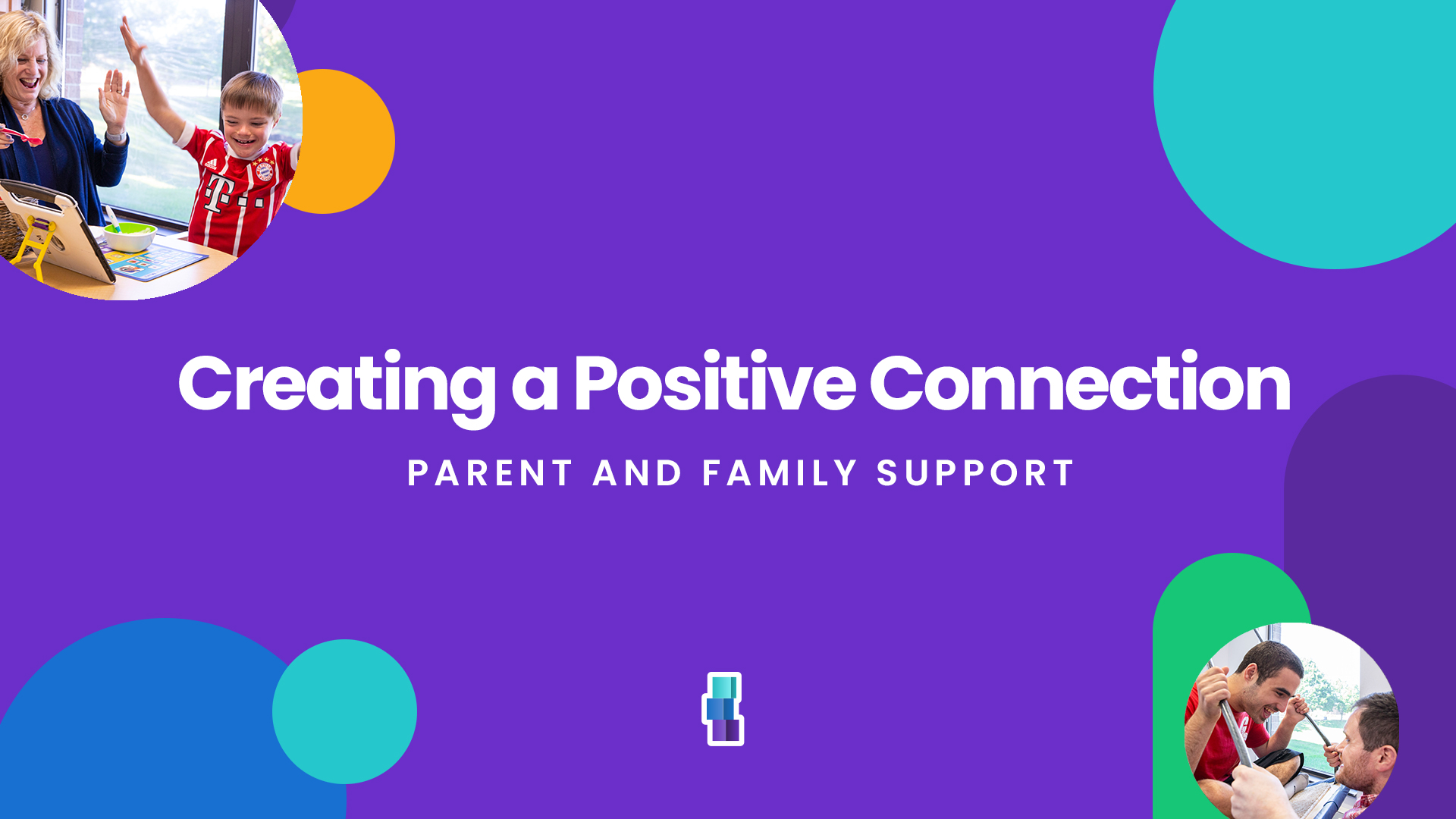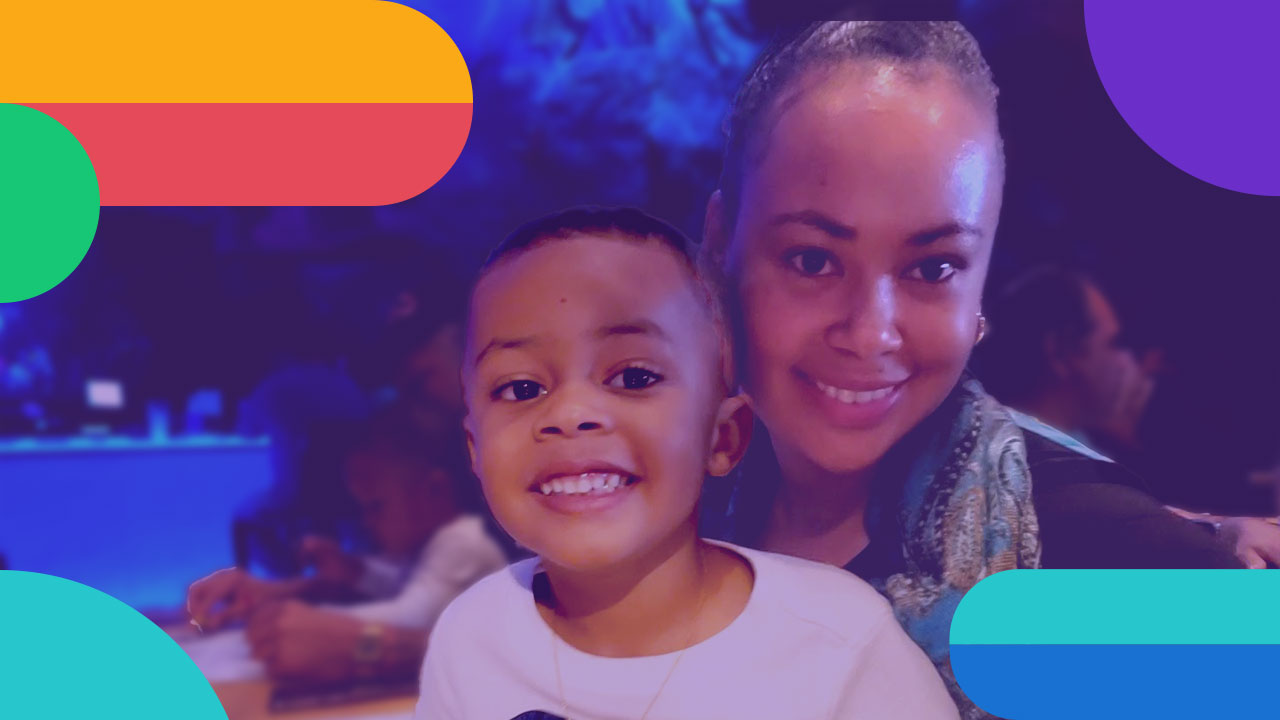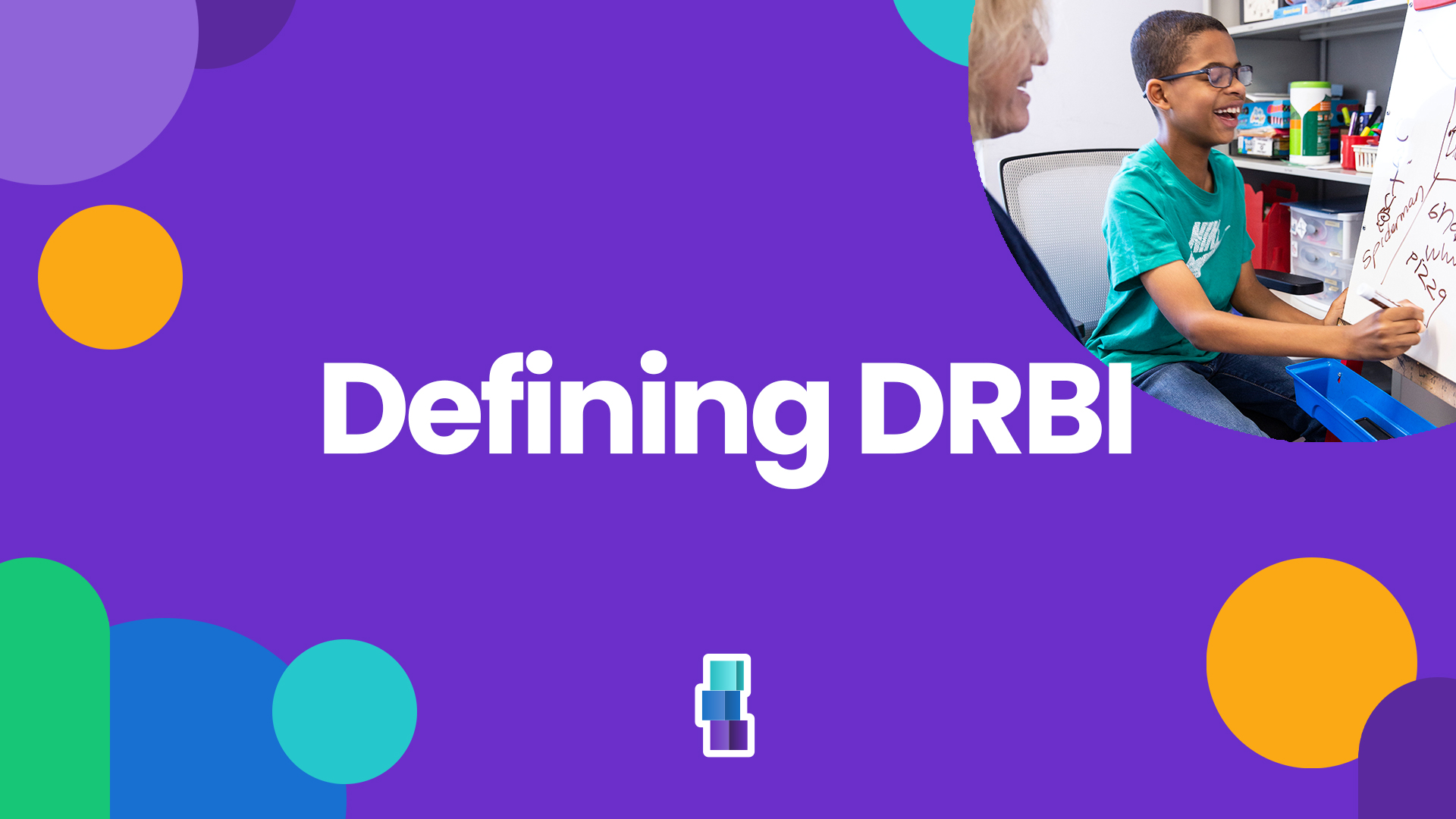
Developmental Relationship-Based Intervention (DRBI) is an evidence-based model that focuses on relationship-building and playful engagement as a delivery vehicle for autism therapy. It can be conducted by trained professionals, but an important aspect is training parents in the same approach so that therapy and development can continue at home during natural interactions.
At Positive Development, DRBI is why we’re here. It’s the foundation of our developmental care programs. It’s what inspires and drives us. We’ve seen again and again how this model of care leads to lasting developmental improvements and helps our clients build closer, more joyful connections to family and communities.
To help explain why we believe in the power of DRBI, here are 7 reasons for “Why DRBI”:
- DRBI treats the whole person, not just behaviors. The primary focus of traditional autism therapy is to stop challenging behaviors, such as outbursts and meltdowns. In DRBI, we look under the surface to understand each individual’s sensory and somatosensory processing. We consider the overall development needs of the child, any comorbid diagnoses, such as ADHD, learning disorders, or ARFID, and their passions and strengths. With this full view, we can discover the underlying causes of behaviors and address those in individualized therapeutic interventions that focus on holistic development — and that are fun for the child.
- DRBI inspires comfort and motivation through connection and play. DRBI is a play-based therapy. Either at home or in our office, we create safe, sensory-friendly spaces where each child can feel comfortable and motivated to learn, develop, and connect through play. This fun environment helps us build relationships and incorporate therapies (occupational, speech, mental health) in ways that feel like play – not work or punishment. When people feel safe and nurtured, they’re more willing to take the risks needed to learn and grow.
- DRBI provides critical support and education for parents and caregivers. With DRBI, families learn more about how their child processes the world and are given the tools they need to better support and connect with their child. We give them the space they need to find acceptance of the diagnosis. We help them extend therapy in everyday interactions like meals and bedtime, and how to better understand and communicate with their child. This helps them spend more time together and less time in therapy. Overall, most parents find they experience less stress and more closeness as a family with DRBI.
- DRBI drives stronger relationships in all areas. A fundamental experience for people with autism is difficulty being understood, whether due to language challenges, a struggle to express themselves in a way that neurotypical people understand, or both. With DRBI, parents learn how to enter their child’s world and learn their cues and accommodate their needs. And this creates a wonderful ripple effect: They spread their learnings to siblings, grandparents, friends, and teachers. As kids are better understood, trust and confidence grows.
- DRBI focuses on strengths, passions, and potential — not weaknesses and behaviors. As part of our “whole person” developmental care model, we focus on where a client’s strengths and passions lie, rather than try to “fix” weaknesses and behaviors. We celebrate each person for who they are and this sparks their natural motivation to connect and grow.
- DRBI offers evidence-based interventions. Studies have shown that developmental approaches like DRBI lead to positive outcomes. This is why more and more states and insurers are approving expanded access for DRBI — and why the American Medical Association (AMA) and the American Academy of Pediatrics (AAP) are supporting evidence-based developmental interventions. You can view some of the studies showing the efficacy of DRBI here.
- DRBI is provided by holistic care teams who work closely together. At Positive Development, each family is assigned a care team that includes a lead clinician; occupational, mental health, and speech and language therapists; a Care Coordinator; a Parent Educator; and a Developmental Paraprofessional (DPP) who will run your child’s play therapy sessions. This team works closely together, constantly communicating. You’ll never have to run all over town to different offices, repeating the same information to different doctors and therapists or deal with frustrating preauthorizations and multiple copays.
To get started on your developmental care journey, visit our locations page and fill out the short form, and someone will be back in touch soon! We look forward to supporting your family.


.png)
